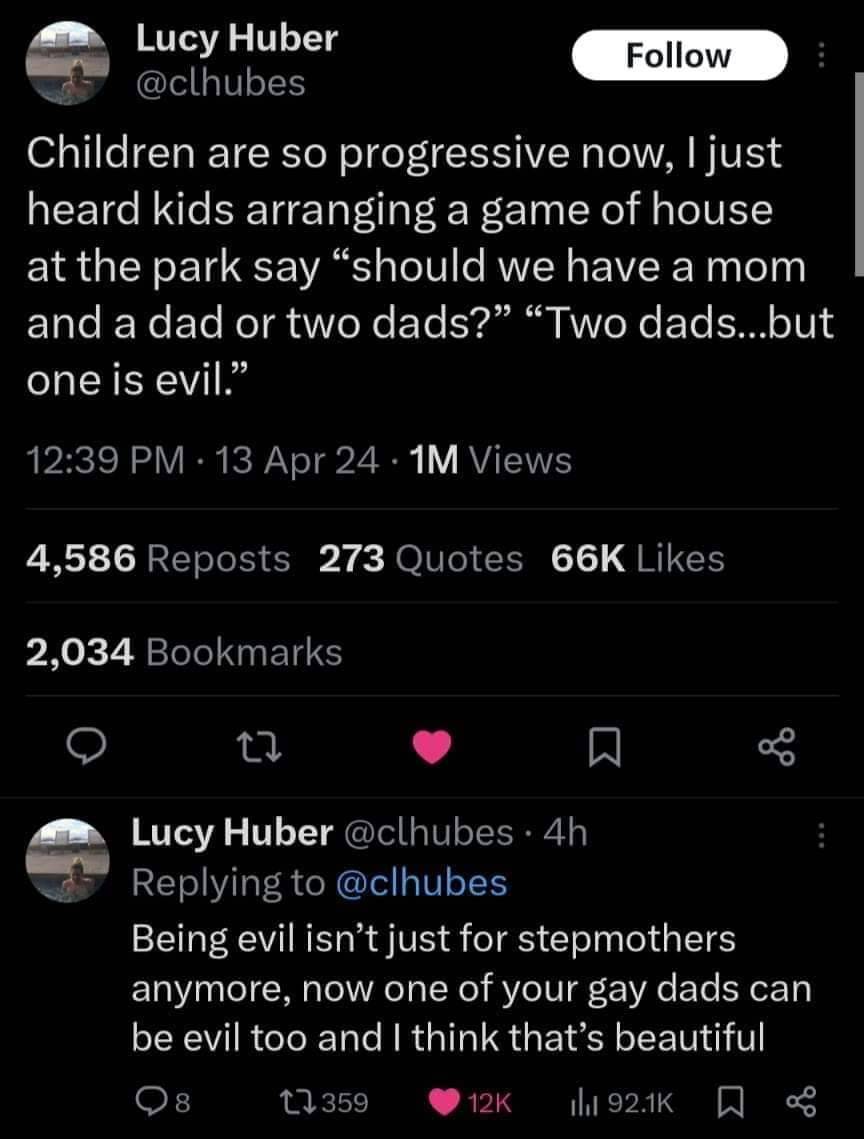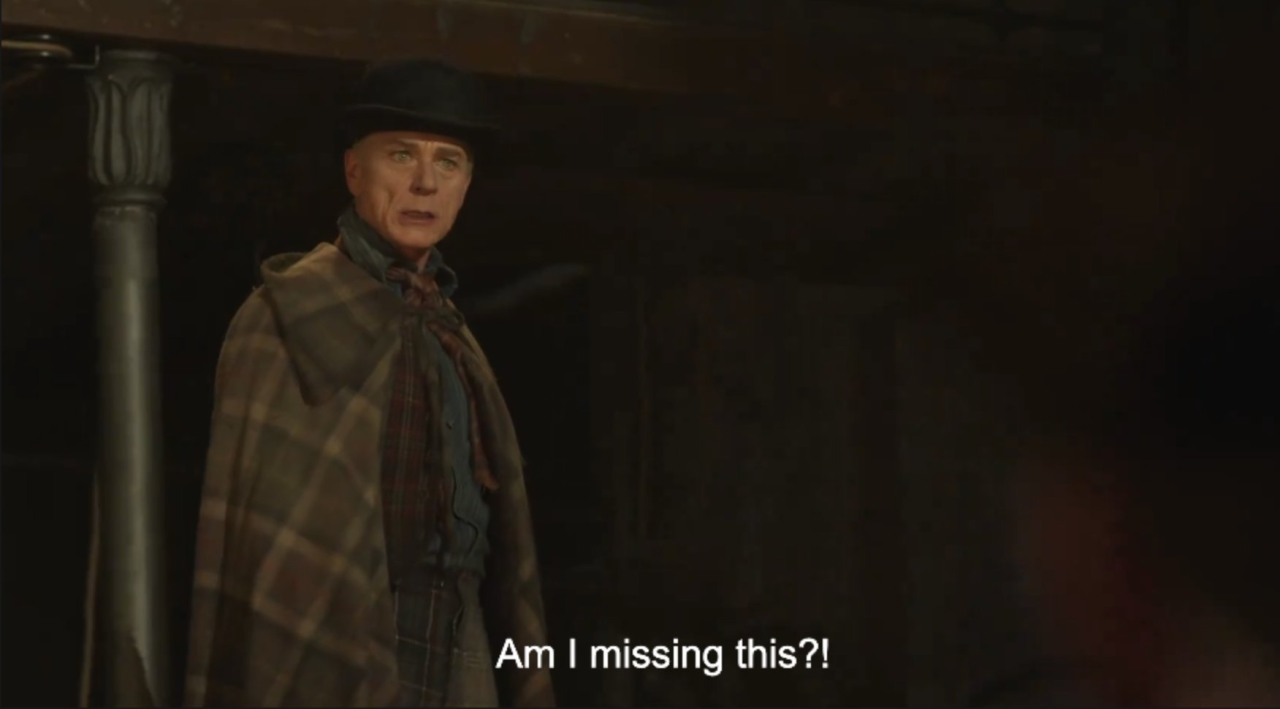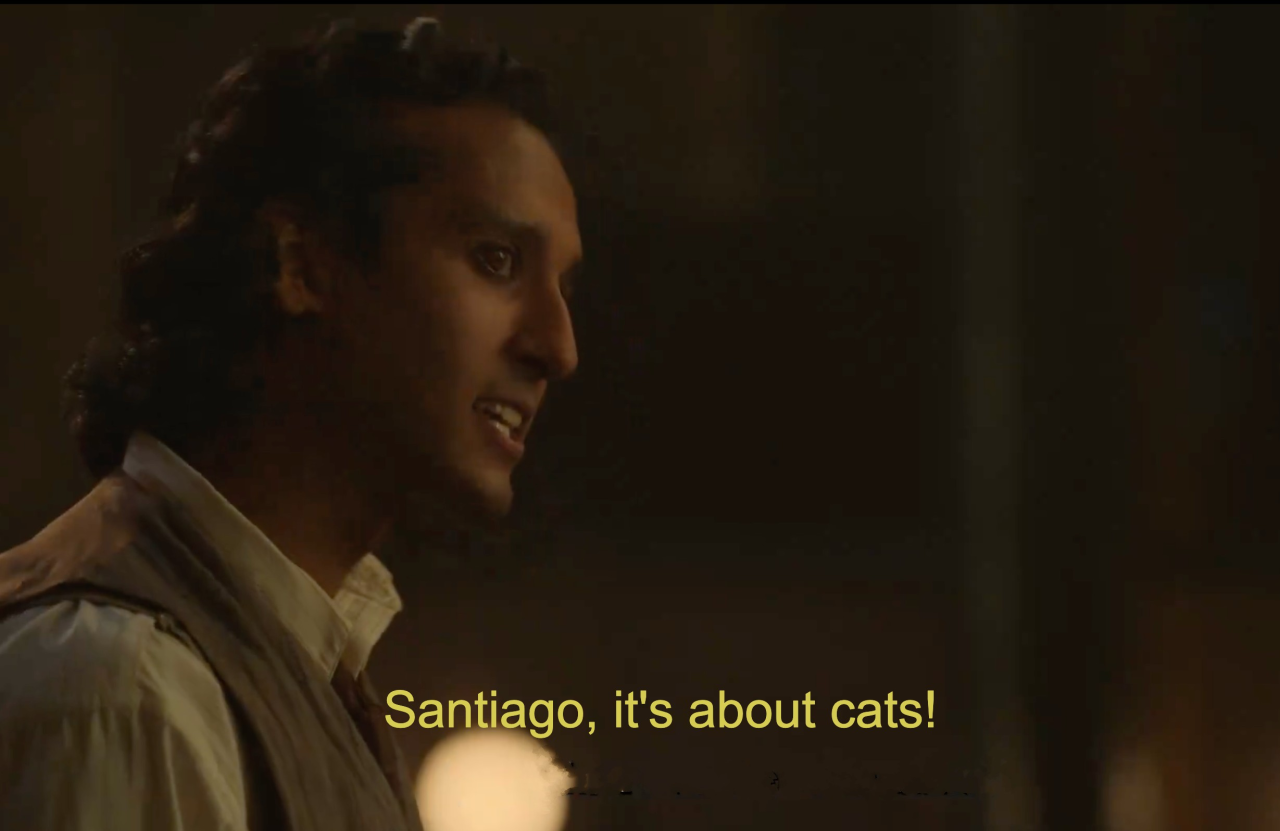It’s Fourth of July Eve so make sure to leave some milk and cookies out for Captain America
I THOUGHT AFTER FOUR YEARS YOU PEOPLE WOULD LET THIS DIE AND YET AGAIN I OPEN THIS CURSED APP TO FIND MORE NOTES ON THIS POST
Just realized that the reason I love making friends on tumblr is because it’s exactly how you make friends on the playground as a six year old. No, I don’t know their name but they love mermaids too and built this awesome sand castle. No, I don’t know their age but their imaginary cheetah is friends with mine. You like this show? You like this character?? You can sing the theme song really loud??? Here is a flower crown. Here is a juice box. You can share my time and I might never see you again but part of you stays in my soul forever. In my mind we’re still on the swing set and the sky is blue and nothing will ever be wrong again.
RIP to the Théâtre des Vampires, you would have legitimately put on the greatest production of Andrew Lloyd Webber's Cats ever put to the stage.
You could literally send your mortal victims to the Heaviside Layer.
POSITIVE AFFIRMATIONS: i am not a creep. i am not a weirdo. i do know what the hell i’m doing here. i do belong here
The Corbomite Maneuver rules.
yeah i have an outside husband lol i know its unethical but he just loves exploring
whenever i'm trying to talk myself out of buying something i don't need i always hear my old russian professor's voice echoing in my head: "WHAT??? WILL YOU DIE THE RICHEST MAN IN THE GRAVEYARD?" and then i make an unwise financial decision
i'm so glad i happened to see these tags this is the best thing anyone has added to this post so far
You can have any animal for a pet. Any complications such as “keeping the animal healthy and happy” and “the time and effort it would take to keep happy and healthy pet” and “keeping yourself uneaten” and “the pet I want is kind of extinct” have all been solved perfectly. You don’t have to think of that.
What is your pet?
I don't understand the chevron law thing, could you explain it like I'm five? Should we be working towards fixing whatever the courts just fucked up?
So, okay, I am condensing like a semester of a class I took in 2017 into a very short explanation, but:
It would be really annoying for Congress to individually pass laws approving every new medicine or listing out every single poison you can’t have in tap water, so instead there are agencies created by Congress, via a law, to handle a specific thing. The agencies are created by Congress but overseen by the executive branch (so, the president), which is why we say things like “Reagan’s EPA” or “Biden’s DOJ” - even though Congress creates them, the president determines how they do the thing Congress wants them to do, by passing regulations like “you can’t dump cyanide in the local swimming pool” and “no, you can’t dump strychnine, either.”
However, sometimes people will oppose these regulations by saying that the agency is going beyond the task they were given by Congress. “The Clean Air Act only bans ‘pollutants,’ and nowhere in the law does it say that 'pollutants’ includes arsenic! You’re going beyond your mandate!” To which the experts at the EPA would be like, “We, the experts at the EPA, have decided arsenic is a pollutant.” On the flip side, the EPA could be like, “We, the experts at the EPA, have decided that arsenic isn’t a pollutant,” and people would oppose that regulation by being like, “But the Clean Air Act bans 'pollutants,’ and it’s insane to say that arsenic isn’t a pollutant!” So whose interpretation is correct, the government’s or the challengers’?
Chevron deference basically put heavy weight onto how the agency (i.e. the government) interpreted the law, with the assumption that the agency was in the right and needing pretty strong evidence that they were interpreting it wrong (like, blatantly doing the opposite of a clear part of the law or something). If there was any ambiguity in how the law was written, you’d defer to the agency’s interpretation, even if that interpretation was different depending on who was president at the time.
(Note: there are other ways of challenging regulations other than this one, like saying that they were promulgated in a way that is “arbitrary and capricious” – basically, not backed by any evidence/reasoning other than “we want it.” Lots of Trump-era regulations got smacked with this one, though I think they’d be better at it if Trump gets a second term, since they’ve now had practice.)
Chevron deference wasn’t all good – remember that the sword cuts both ways, including when dickholes are in power – but it was a very standard part of the law. Like, any opposition to a regulation would have some citation to be like “Chevron doesn’t apply here” and every defense would be like “Chevron absolutely applies here” and most of the time, the agency would win. Like, it was a fundamental aspect of law since the 80s.
The Supreme Court decision basically tosses that out, and says, “In a situation where the law is ambiguous, the court decides what it means.” That’s not completely insane – interpreting law is a thing judges normally do – but in a situation where the interpretation may hinge on something very complicated outside of the judge’s wheelhouse, you now cannot be like, “Your Honor, I promise you that the experts at NOAA know a lot about the weather and made this decision for a good reason.”
The main reason it’s a problem is that it allows judges to override agencies’ judgements about what you should do about a thing and what things you should be working on in the first place. However, I don’t think there’s really a way of enshrining that into law, outside of maybe adding something to the Administrative Procedure Act, and that would require a Congress that isn’t majority Republican.
I will say that kind of I expected this to happen, just because IIRC Gorsuch in particular hates Chevron deference. IMO it’s a classic case of “rules for me but not for thee” – Scalia and other conservatives used to rely on Chevron because they wanted their presidents to hold a ton of unchecked power (except for the EPA), but now that we’ve had Obama and Biden, now conservatives don’t like Chevron because it gives the presidents they don’t like unchecked power.
recently learned my coworker and one of my friends dont know what botulism is, and now im wondering if theyre outliers or if this is my Weird Kid showing through so
do you know what botulism is (Knowing What Botulism Is in this case is described as knowing the concept, how to identify and avoid it in a household context, not necessarily all the scientific parts of what it is and what it can do) and where did you learn about it?
do you know what botulism is?
No, I will look it up so I can learn how to identify it now (IT CAN KILL YOU)
Yes, I learned about it in a food unit in school (cooking class or similar)
Yes, I learned about it in a science unit in school (biology class or similar)
Yes, I learned about it from other people, life experiences, etc
Yes, I learned about it in a "weird" way (hyperfixations, youtube docus, etc)
Yes, I researched it after a food recall bc of botulism
Yes, I looked it up because I wanted to say yes to this poll
Yes, and I thought it was common knowledge
Yes, I learned from a PSA on social media (tumblr, facebook, instagram, etc)
Yes, other "weird" source
Yes, other "normal" source
I study/studied botulism (this is not a "normal" source)
please reblog if you can im sososososo curious















